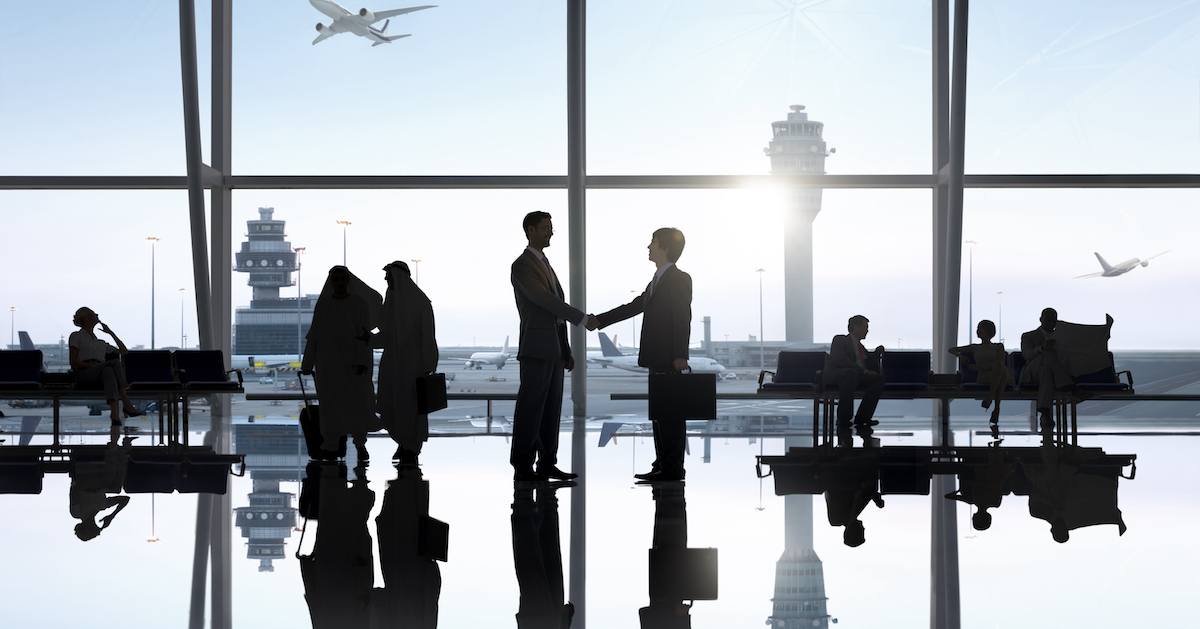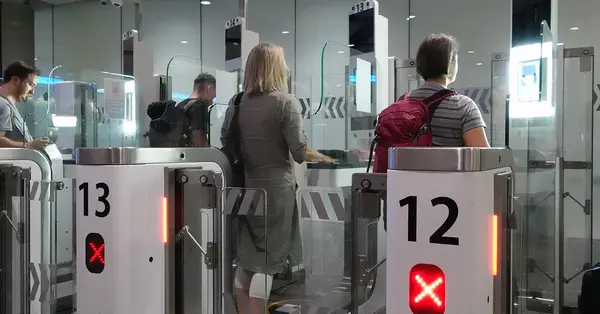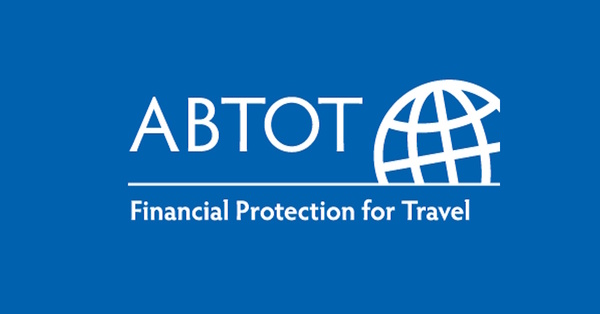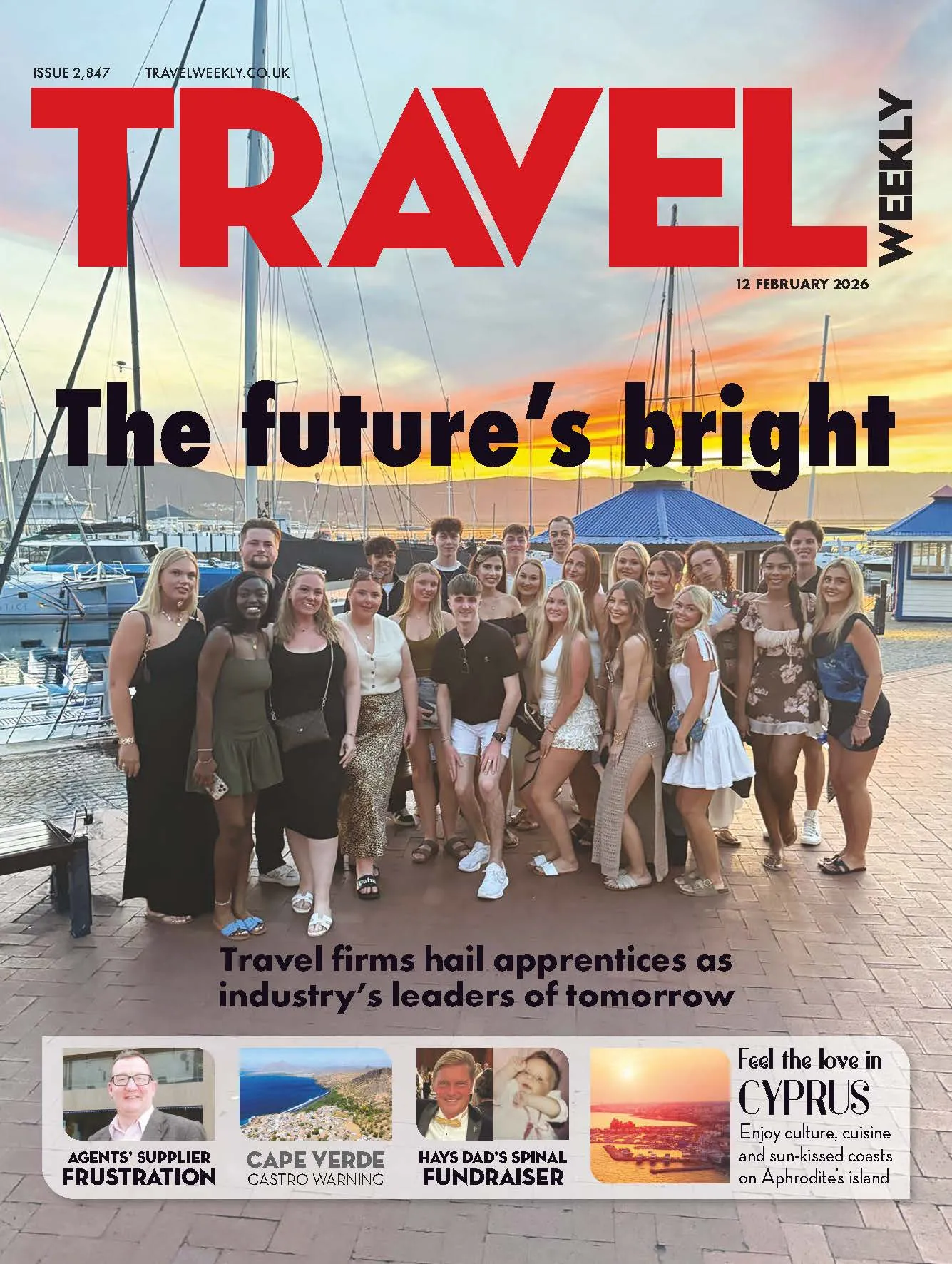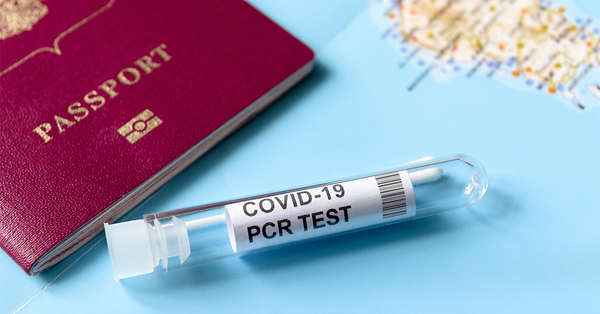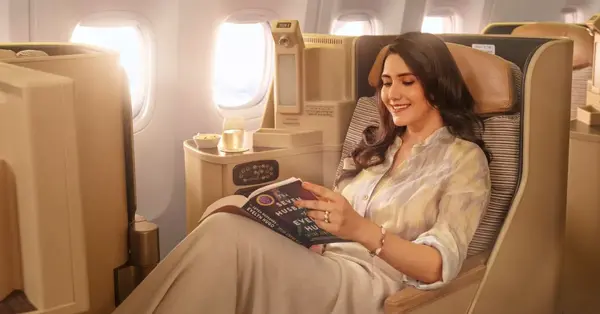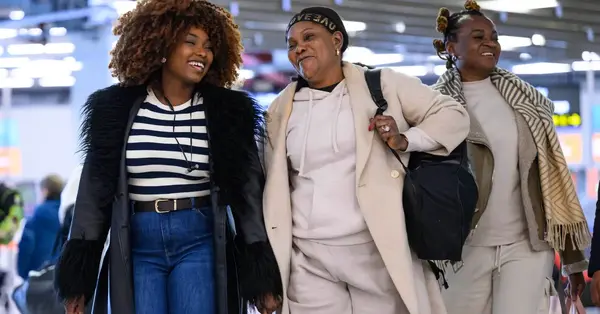You are viewing 1 of your 2 free articles
Global business travel achieves near-full rebound from pandemic
Global business travel has achieved near-full recovery from the pandemic this year but international spend has only reached 74% of pre-Covid levels.
Latest data from the Global Business Travel Association (GBTA) shows a focus on cost management, sustainability, the transformation of retailing models and the integration of emerging technologies into 2024.
Looking forward to next year, 67% of travel buyers expect their budgets to increase (39%) or remain about the same (28%).
Only one in ten (14%) buyers plan to limit business travel because of economic concerns.
However, cost management stands out as a top strategic priority, with 62% of respondents emphasising its importance, followed by traveller safety (44%) and sustainability (37%).
Nearly half (46%) of those polled feel emerging industry tech, such as New Distribution Capability (NDC), will pose the most significant technological challenges in the year ahead.
An additional third (38%) cite budget constraints and system integration (32%) related to technology.
NDC ? a technology standard for making airline offers available to the customer regardless of the distribution channel ? remains a focal point in the business travel sector.
When asked to rank their risk-related priorities for 2024, one in five surveyed (22%) expect integrating NDC distribution channels will be most prioritised by their company.
Most buyers (71%) strongly feel they still need more information and education on NDC and half say they have not started to implement NDC.
Almost half (45%) of buyers feel airlines are pushing NDC bookings too swiftly and more feel third-party intermediaries (36%) should be ready to handle and service NDC bookings – up from 29% in April.
While 32% of buyers believe their travel management company has a good grasp on NDC, almost half (46%) feel their TMC does not have sufficient NDC information or are not sure (23%).
Most of the 865 industry stakeholders surveyed (84%) report their company’s business travel this year either largely (43%) or mostly (41%) recovered when compared to 2019 levels.
Domestic business travel bookings stand at 76% – up from 72% in April. International bookings reached 70% of their 2019 levels, rising from 63% six months ago.
Spend on domestic business travel reached 77% of pre-pandemic levels, while international spend sits at 74% – up from 74% and 66% respectively from April.
The top barriers that affected business travel in 2023 have included corporate budgets keeping up with price increases (69%), inflation/recession concerns (63%), and geo-political events (44%). Suppliers (67%) are more likely than buyers (59%) to say inflation/recession concerns are a significant barrier.
Buyers (44%) are more likely than suppliers (32%) to say travel disruption is a significant barrier.
However, respondents overall say travel disruptions have had a slight to moderate impact on their employees’ willingness to travel for business, with only 11% of non-executive staff and 10% of executive employees reporting being greatly affected.
On a regional basis, stakeholders in Europe (54%) are more likely than in Asia-Pacific (23%), Latin America (23%) and North America (12%) to report climate impact concerns as a barrier.
North America respondents (32%) are more likely than those in Europe (20%) to cite workforce hiring/retention as a significant barrier.
More meetings of all types have been the norm this year. Travel buyers report increases in their employees attending in-person meetings and conferences (55%), holding virtual meetings (52%), blending travel (50%) and “linking” (multi-purpose or multi-destination) business trips (49%) versus 2022.
Hybrid work is dominant in the business travel sector, with 68% of stakeholders saying it is the current set-up in their company – unchanged from a year ago.
The potential impact of artificial intelligence (AI) on the industry in the next year remains split. About a third (32%) of all stakeholders are excited about AI, while another third (33%) feel it’s too early to predict its full impact.
Some travel buyers in the year ahead view implementing AI applications/tools in their corporate travel programme as important (34%), but others say it is a low or non-priority (37%).
Two in five (42%) of all respondents say they have never used ChatGPT or another generative AI tool for work, while a third (33%) say they have only used it rarely.
GBTA chief executive Suzanne Neufang said: “With some exceptions, as an industry global business travel has continued to rebound over the past year and has made great strides in getting back to business as usual.
“As our latest GBTA poll outlines, ongoing challenges are expected, but there are optimistic indicators for an even stronger year ahead as organisations continue to leverage business travel and face-to-face connections as a critical part of their strategy to achieve important and ambitious objectives.”

